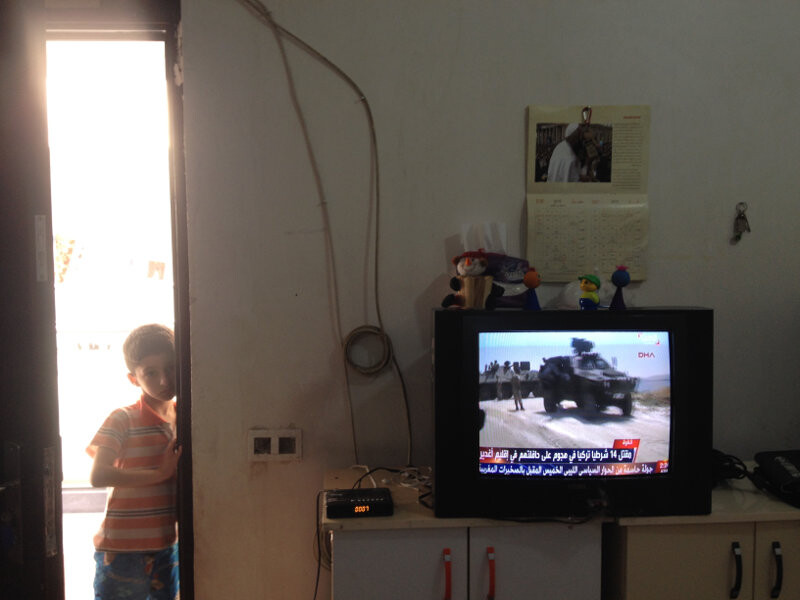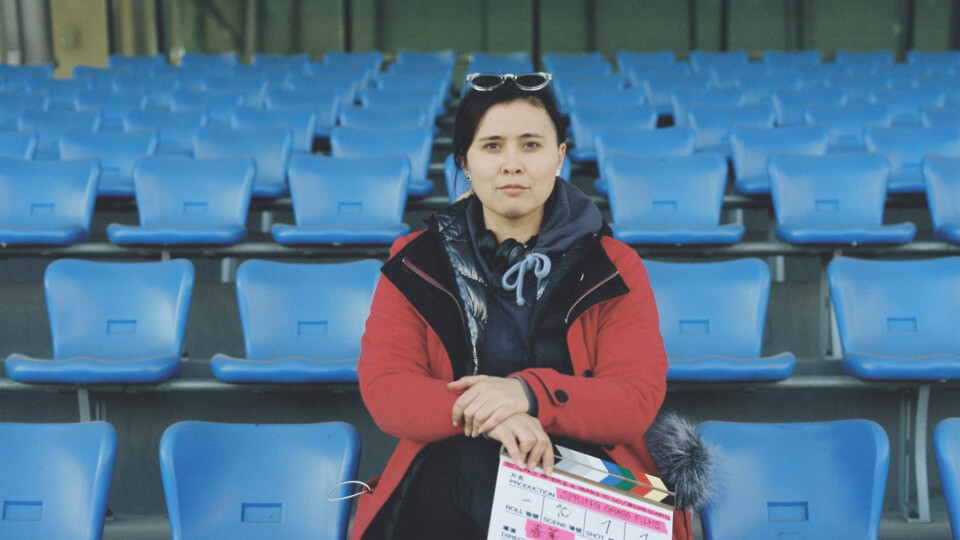The Last Days of Christianity
I woke up at night filled with horror. Before going to Istanbul, I dreamt that I left the memory cards for my camera on my table at home. Suddenly, I was fully awake – no, it’s not a dream. I furiously searched through my backpack only to find out that I really am in trouble. Where will I buy this brilliant tiny invention that is able to contain many hours of recordings reflecting the so-called reality... so small that it’s always left behind? Not in the explosive atmosphere in Iraq, not anywhere near refugee camps. My project was going to hell.
As if by miracle, memory cards were sold at the Istanbul airport, albeit at a three times higher price, exactly in line with the spirit of oriental markets, consequently influencing the prices back at the airport in Prague. This is what unites us. Happy to have saved the project, I drink a flask of cheap whiskey, convinced that I will sober up long before the landing. But I woke up only an hour later, still a bit wasted. It didn’t occur to me how close it is to Iraq. The trip was actually shorter than to travel from Prague to see my parents at the Silesian countryside.
In the morning, we set out for Erbil. It is the capital of Kurdistan, an autonomous area in Iraq that accepted Christians fleeing from the surrounding biblical territories, such as Nineveh and other as if tornado-struck by the Islamic state. In the morning, I came across three shops with top-quality camera equipment and state-of-the-art technology. And every other shoe-shiner on the street offers a memory card as a bonus for have your shoes polished.
With a camera loaded with memory cards, I penetrate into refugee camps that take on various forms. An unfinished department store or a settlement resembling a trailer park surrounding a church. Electricity, water, air-conditioning, TV sets, children with tablets in their hands. Is this supposed to be the unbearable refugee situation? Clean, air-conditioned, dry and hygienic environment, sufficient supplies of food. It is a surprisingly rich world of middle-class neighbourhoods and middle-class refugee camps.
It takes me a couple of days to realise that the endless waiting for death can unfold on the backdrop of above-standard comfort. Influenced by the pictures of bomb attacks on Iraqi enclaves shown on TV, I used to think that anyone who does not look emaciated and is not wearing rags is not entitled to get help and that it is me with my camera who is to judge.
“Do you find it important what environment people managed to create face to face with death?” the local priest asked me. I felt a bit ashamed and thought about the reasons that caused Christianity to abandon its cradle so easily and what it reveals about our civilisation. I feel the atheist inside me struggling with the feelings of a descendant of the Christian tradition that, in fact, formalised beyond the vanishing point. My somewhat ostensibly upset reaction was: “It is you who is retreating from the biblical ground, without a fight.”
To that he said: “But our faith guides us wherever we go. The destination does not matter, neither does the Middle East. Our religion travels with us. But tell me, brother, where will you go nowadays and what is it that you will bring with you?”


